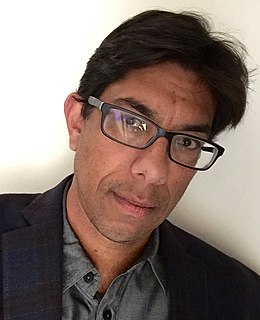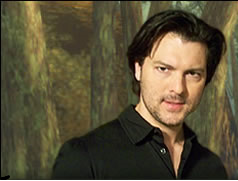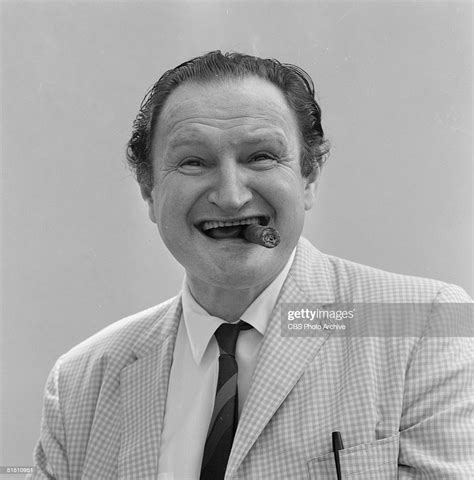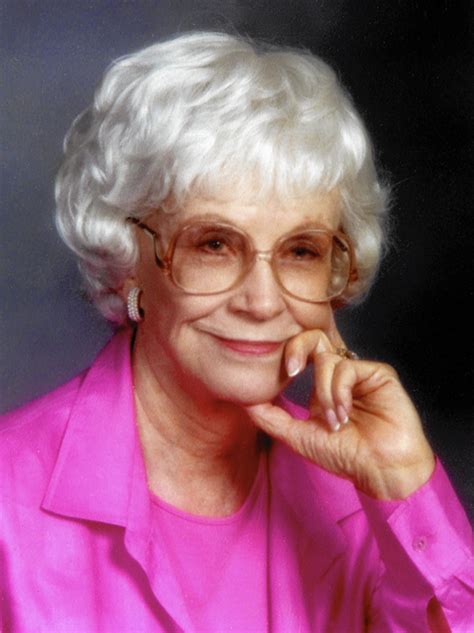A Quote by Lois Lowry
I tend not to think about audience when I'm writing. Many people who read 'The Giver' now have their own kids who are reading it. Even from the beginning, the book attracted an audience beyond a child audience.
Related Quotes
It's possible I'm a weird person, you know, and if I could only write for people who are like me, I wouldn't have any audience at all. Ultimately, I'm my audience. I'm writing stories for myself. I don't have kids of my own, and I don't hang around kids all that much. Maybe that puts me at a disadvantage.
I always figured there would be a kid audience and an adult audience, and there is. That's true for 'Hunger Games' and 'Twilight' and 'Harry Potter.' And 'Maximum Ride,' for sure. In particular what happens is a lot of parents share the books with their kids, and the mom has read it, and the kids, and they talk about it.
It's such a wonderful feeling to watch a child discover that reading is a marvelous adventure rather than a chore. I know that many writers for children say they do not write specifically with a child audience in mind ... This isn't true for me. I am very aware of my audience. Sometimes I can almost see them out there reacting as I write. Sometimes I think, 'Oh, you're going to like this part.
I don't think we need a critic to negotiate with the audience. People say, "Who are you writing for?" I'm writing for myself but my audience is anybody who knows how to read. I think a story should engage anybody who knows how to read. And I hope that my stories do, maybe on a different level for more sophisticated readers than, say, a high school kid, but still a story has got to grab you. That's why we read it.





































